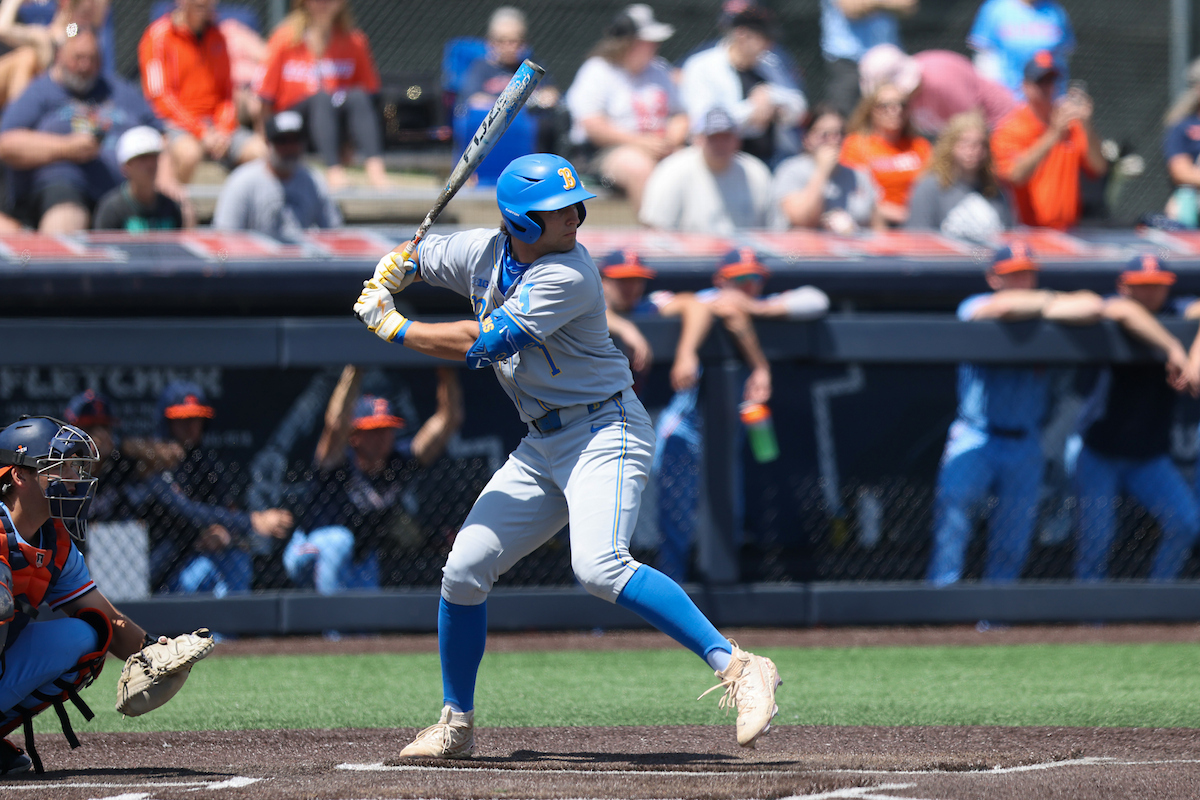Though the White Sox have not yet confirmed this, according to a report by Bob Nightengale, we won't be seeing Eloy Jimenez this season.
As Jim states, calling up Cordell or Tilson would be a mistake. Those guys aren't the future of the #WhiteSox . Eloy is. Call him up. If he swats 8-10 HRs in September, which is a distinct possibility, it will only whet the appetite for '19, driving up ticket sales.. https://t.co/12Cq9lSTKf
— Jonathan Lee (@followmefor3) August 31, 2018
No. 8: The optics of the situation are terrible
Other players, both within the the White Sox organization and not, are likely aware of what's going on here. The Sox aren't alone in their service time manipulation, but this handling of Jimenez signals that they're content with treating players like inhuman baseball assets to reduce costs. Plus, the length of the delay (arguably a minimum of two-and-a-half baseball months) to keep him down until mid-April is particularly egregious in this situation and has only a few historical cases for precedent. That's demoralizing to players further down in the organization and sends the message that their progression will be determined more by dates on a calendar than anything in their control.
No. 9: The value of the extra year of team control is not very high
If the White Sox promote Jimenez in April, he'll be a Super Two player who's eligible for arbitration for the fourth time in 2025. Let's say Jimenez develops into a star (which is the only case in which we should really care if he's locked up for 2025). Here are some recent fourth-year arbitration salaries for Super Two players:
- Josh Donaldson, $23 million (2018)
- Bryce Harper, $21.625 million (2018)
- David Price, $19.75 million (2015)
- Manny Machado, $16 million (2018)
- Prince Fielder, $15.5 million (2011)
Taking into account inflation, the price tag for Jimenez' 2025 season is going to be very high, possibly as much as $25 million if he turns into a legitimate star player. Players that post gaudy batting averages and power numbers tend to have their salaries escalate through arbitration faster than those who generate similar value with walks and glovework, so you can bet that Jimenez will get expensive quickly.
The argument I hear frequently is, "It's not about cost, it's about the extra year of control." This thought process breaks down because Jimenez is not unique in his ability to contribute wins to the 2025 White Sox. If he's not on the team, the White Sox could find another player or combination of players to replace his estimated value, likely at a higher cost than even Jimenez' estimated lofty fourth-year arbitration salary.
Therefore, the extra year of control does boil down to cost, specifically the difference between Jimenez' projected salary and what it would cost to replace his contributions on the open market or through trade. If Jimenez were to walk after 2024 instead, the White Sox would be able to put the large 2025 salary he would have been paid toward another player to help recoup a healthy chunk of the value lost. The ability to at least partially restore Jimenez' projected 2025 value by using the saved money affects how much weight we should give to the extra year of control.
No. 10: The inherent uncertainty of planning for 2025
We don't know what sort of team the White Sox will be in 2025. Heck, we don't know what sort of player Eloy Jimenez will be in 2025. He'll be 28 by then. Maybe his best years will be behind him at that point. Maybe he'll be a great player. Maybe unfortunate injuries will have taken their toll on him. Maybe he'll just be another piece in the next sell-off (which could have value, but would be limited by his salary per the above). Maybe Rick Hahn will be the general manager, and maybe Jerry Reinsdorf will own the team. Maybe the forthcoming collective bargaining agreement will distort the rules such that whatever value the White Sox think they're getting with the extra year of team control will be materially altered. We don't know.
What we do know is that Jimenez is a critical piece of what the White Sox are trying to do right now, and what they're building toward in the next couple of years. They're effectively punting knowledge, development, and the player-team relationship in favor of a highly uncertain payoff in the distant future.
***
So, to recap:
Reasons Jimenez should have been promoted in 2018:
- The fans want to see him in Chicago
- Promoting a deserving employee is the right thing to do
- He needs to be challenged to continue his development
- The 2019 season matters
- There would be an increase in revenue
- An extension could simply buy the extra team control gained by delaying his promotion
- It preserves a positive player-team relationship
- Holding him back sends a bad message to players inside and outside the organization
- Heavy arbitration salaries limit the value of team control in 2025
- Planning for the next few years is more important -- and more feasible -- than planning for the distant future
Reasons to delay a Jimenez promotion until mid-April, 2019:
- The possibility of owning a very expensive 1-year option on a potentially good Eloy Jimenez in 2025
***
White Sox, you're doing it wrong.






